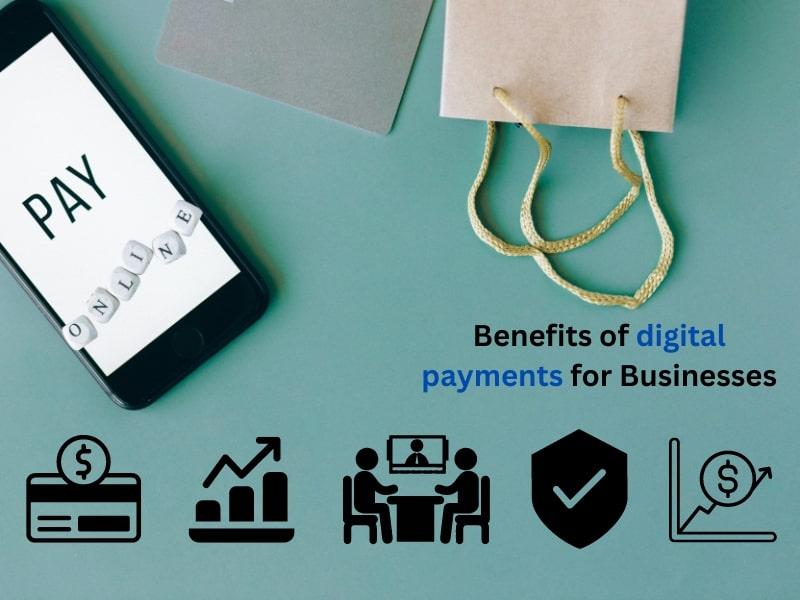Optimise your WooCommerce store for a better user experience
How do you optimise your WooCommerce store for a better user experience?
An amazing user experience is critical to standing out from the clutter. Leverage the power of WooCommerce to convert visitors into loyalists.
According to a report published by Forbes, detailing 35 e-commerce statistics of 2024, the global e-commerce market is expected to touch £4.9 trillion by 2024. This translates into a staggering 20.1% of retail purchases happening online. While these figures are promising for online store owners, they also indicate increased competition and a battle for consumer mindspace.
WooCommerce is a strong and adaptable platform for creating e-commerce sites, but to flourish in the competitive online marketplace, the user experience (UX) must be optimised. As a buyer, you must have some favourite sites that make your online shopping a hassle-free experience; hence, you love going back to them despite alternate options.
A well-optimised WooCommerce store attracts visitors and transforms them into devoted customers. In this blog, we will investigate a variety of strategies to improve the user experience (UX) of your WooCommerce store and introduce innovative online payment gateways in the UK that can help streamline and improve the purchasing experience.
1) Improving site navigation
The key to a user-friendly e-commerce portal is ease of navigation. A well-designed website provides a seamless experience for visitors, as they can browse through different sections, find their desired tabs, and proceed to a comfortable checkout. This ensures fewer cart abandonments and an increased Average Order Value (AOV).
Pro tips for intuitive site exploration:
● Clear Menu Structure: Arrange your products into categories that are logical and easily comprehensible. Utilise drop-down menus to facilitate effortless access to subcategories without overwhelming the user with an excessive number of choices at once.
● Robust Search Functionality: Establish a search feature that includes autocomplete and filtering capabilities. This assists users in locating specific products, even if they are uncertain about the location to search.
● Breadcrumbs: Employ breadcrumb navigation to assist users in comprehending their current location on your website and in retracing their steps if necessary.
The art and science behind your website’s layout are essential considerations for augmenting the overall user experience. You’d love to see your customers coming back for repeat purchases.
2) Ensuring a hassle-free checkout process
While your product collection, offers, and site navigability play a pivotal role in the customer experience, the checkout process often creates the final hurdle. A study conducted by the Baymard Institute reveals that about 70.19% of prospective buyers abandon their cart without completing the purchase. A complicated checkout system contributes significantly to this cause.
Streamlining the Checkout Process
● Reduce the Number of Steps: Minimise the number of steps necessary to complete a purchase. Ideally, the checkout procedure should consist of a single page or as few steps as possible.
● Checkout for Guests: Allow customers to check out as visitors without being compelled to create an account. This has the potential to expedite the process and lower the barriers to purchase.
● Provide multiple payment options: A diverse selection of payment methods, such as instant banking, digital wallets, and credit cards, helps accommodate the preferences of a wider target audience.
Customers often decide to compare competitors after adding their preferred products to the shopping cart. By creating a fast and smooth checkout experience, you can provide an incentive for them to complete the purchase rather than move to another site.
Transforming the checkout experience
Selecting a payment gateway for your WooCommerce store is a vital for delivering a smooth checkout experience, minimising cart abandonment and keeping sales flowing smoothly while gaining shoppers' confidence.
Merchants in the UK can choose from a variety of WooCommerce payment gateways which can be integrated seamlessly with their WooCommerce stores, even into an existing checkout flow. There are a number of FCA authorised payment providers in the UK that merchants can explore for integrations with their online checkout however features and payment processing costs can vary quite dramatically depending on the payment provider.
Wonderful is one such FCA authorized payment provider which has leveraged the power of open banking to deliver simple, fast and secure payment processing solutions which enable WooCommerce merchants to accept instant bank payments. Their Open Banking-powered WooCommerce payment plugin benefits users by reducing time and complexity at checkout, enables speedier transactions at lower costs, improving the entire user experience and also helps merchants with a quicker settlement options. Merchants can include Wonderful to their existing list of payment processing options at checkout.
3) A mobile responsive interface
The UK mobile e-commerce market is estimated to grow from £91.59 billion in 2023 to about £109.34 billion by 2027. A mobile responsive interface that adapts to different screen sizes, resolutions, and operating systems is a significant contributor to the customer experience.
Best Practices in Mobile Optimisation
● Responsive themes: You can select from a wide range of default WooCommerce themes that are responsive to a mobile interface. Test your website on a variety of devices to confirm that it appears and operates properly across all screen sizes.
● Optimise photos: Typically, customers do not prefer extended loading time and are likely to leave your site in between. Use photos that are correctly scaled and optimised for faster loading on mobile devices. This helps to minimise page load times and enhances the user experience.
● Simplify Navigation: Ensure that your navigation menus are straightforward to use on smaller screens. Use touch-friendly features and avoid crowded layouts.
4) The trust card plays a vital role
As per the UK cybercrime statistics of 2024 published by Twenty Four IT services there are about 7.78 million cyber-attacks on UK-based businesses and both customers and shop owners are equally concerned about probable data breaches.
Security Measures for WooCommerce
● SSL Certificates: To ensure the security of transactions and the encryption of data, it is necessary to install an SSL certificate. This is essential for safeguarding sensitive information, including credit card information.
● Consistent Updates: To safeguard against vulnerabilities, ensure that your WooCommerce and WordPress installations, as well as any plugins and themes, are kept up to date.
● Secure Payment Gateways: Install reputed and trustworthy payment gateways that adhere to security protocols such as PCI-DSS.
Leveraging the robust security mechanisms of Open Banking and the Strong Customer Authentication (SCA) protocol, FCA authorised payment providers like Wonderful ensure that customer and merchant data are safe.
Conclusion
To optimise your WooCommerce store for a superior user experience, you need to enhance your site’s navigation, streamline the checkout process, ensure mobile responsiveness, and prioritise security systems. Implementing the best practices discussed above will empower you with a user-friendly site that leads to higher conversions and encourages repeat visits.







Comments